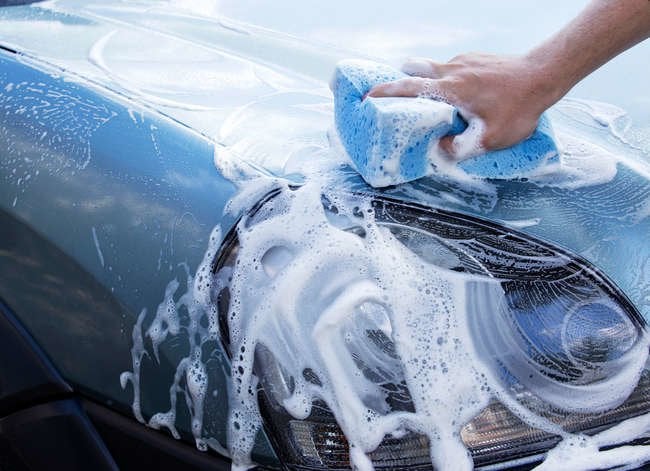

We may earn revenue from the products available on this page and participate in affiliate programs. Learn More ›
Home Advice You Can Trust
Tips, tricks & ideas for a better home and yard, delivered to your inbox daily.
By signing up you agree to our Terms of Service and Privacy Policy.
Not Checking Tire Pressure
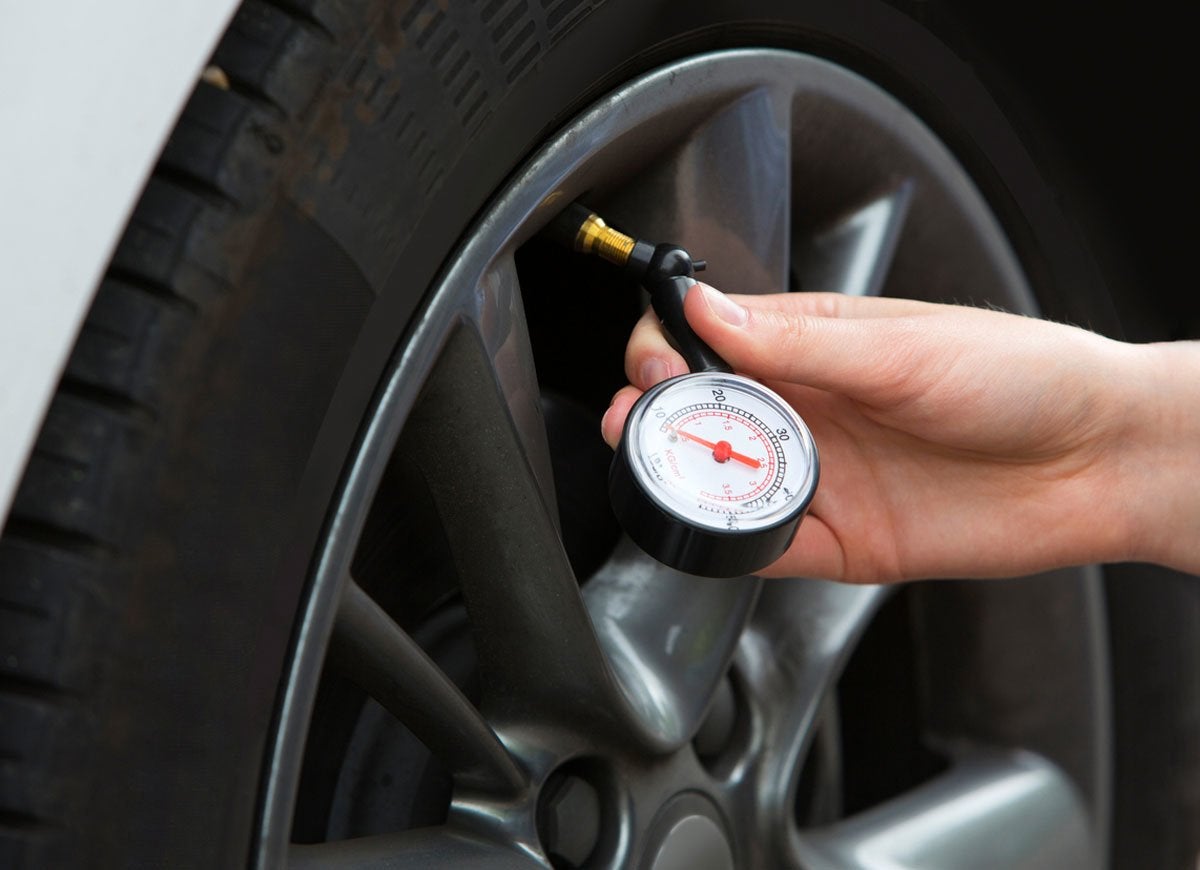
Car owners need to check tire pressure regularly even if the tires look fully inflated. Because tires can lose one to two pounds of pressure for every 10-degree drop in temperature, this task is especially important in the colder months. Proper inflation prevents wear and tear, and it also increases gas mileage.
Related: 16 Winter Emergency Supplies You Should Always Keep in Your Car
Neglecting the Undercarriage
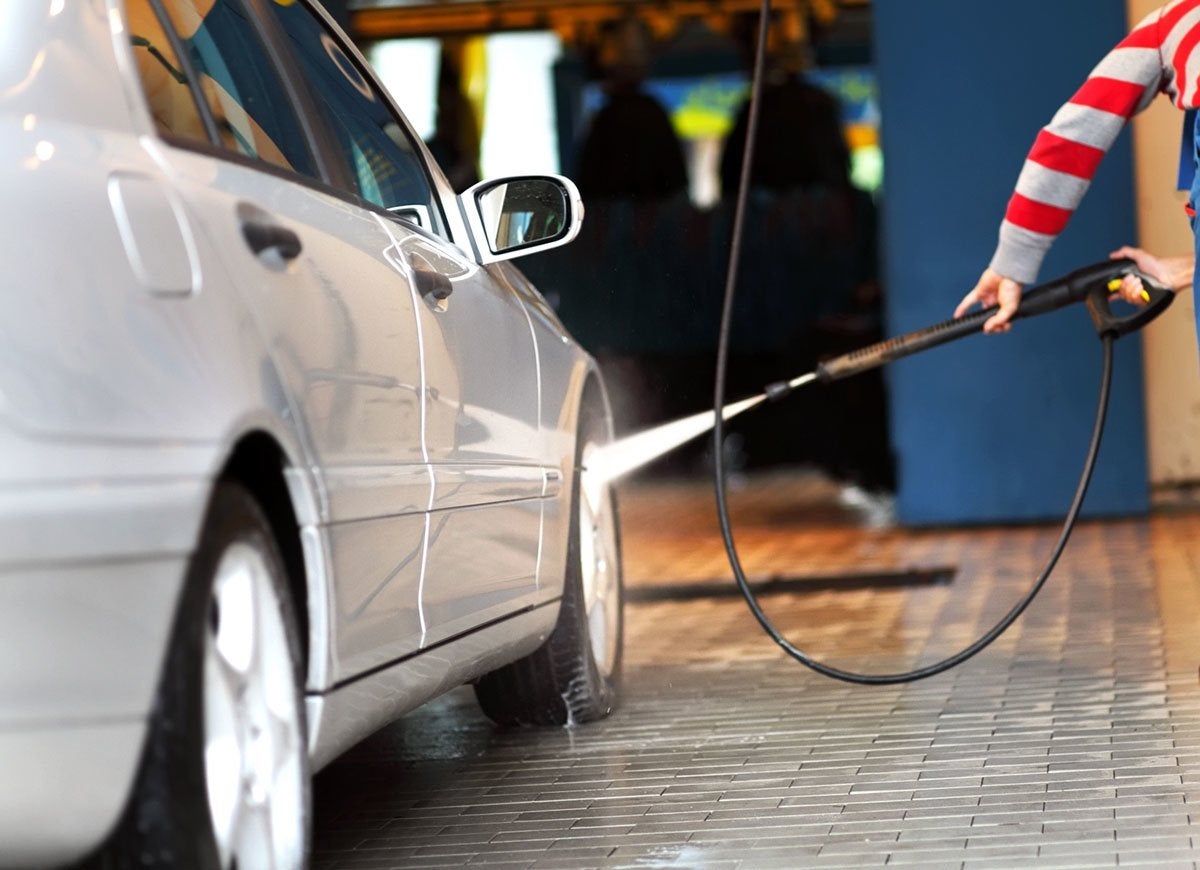
Road salt and brine can trigger corrosion and rust underneath your car, which can over time damage mufflers, exhaust systems, subframes, and brakes. Thoroughly wash your vehicle’s undercarriage after heavy snows and at the end of winter. (Should you end up needing a replacement, check out Car Bibles’ reviews of the top mufflers on the market today.)
Using Glass Cleaner on Your Rear Windshield
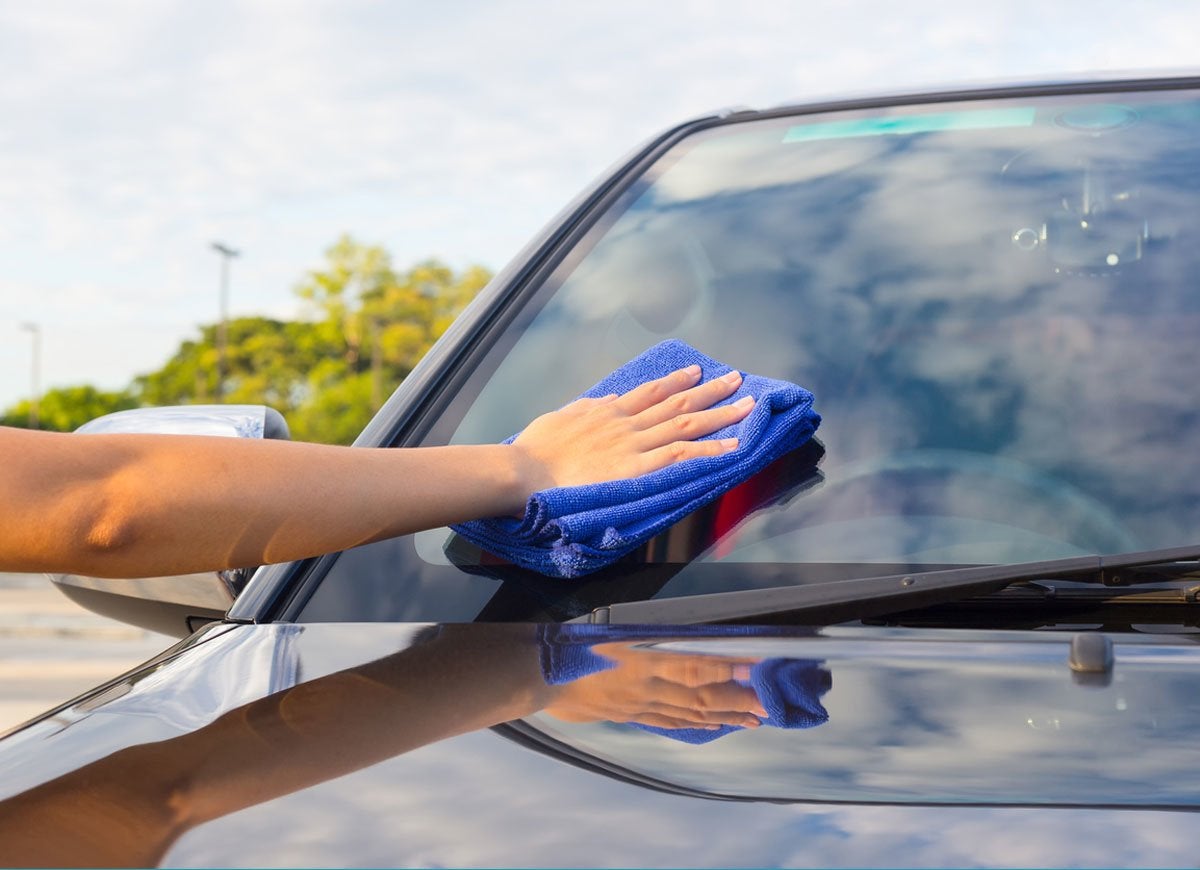
Many glass cleaners contain ammonia, which is great for cutting grime on the windows of your house but harmful to the heating elements in your car’s rear windshield. When cleaning your automobile, always use a window cleaner designed specifically for auto glass.
Skipping an Oil Change
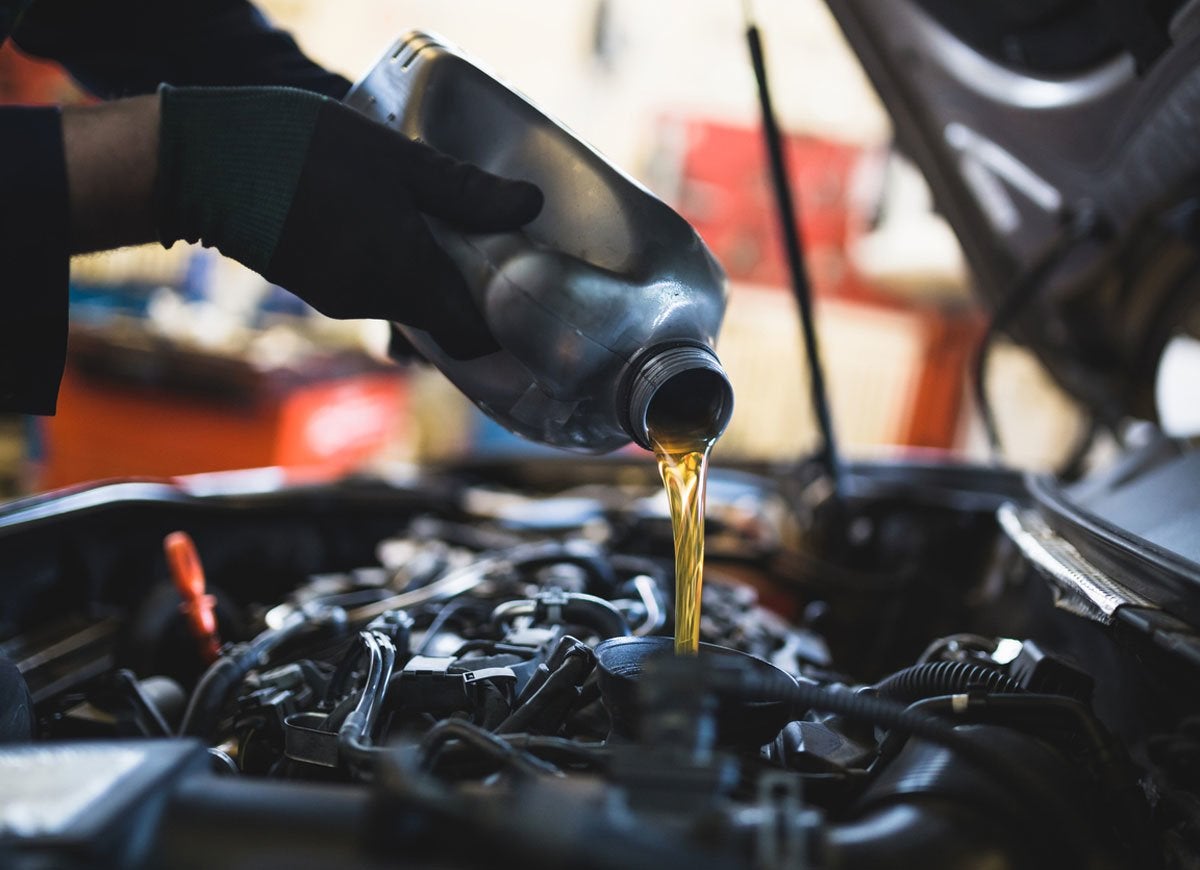
If motor oil sits too long, it will break down and leave gunky deposits in your engine, potentially damaging it. Adhere diligently to the auto manufacturer’s recommendation on oil changes, and don’t skip any of them.
Related: 13 Hacks Every Car Owner Should Know
Using a Cheap Battery Replacement
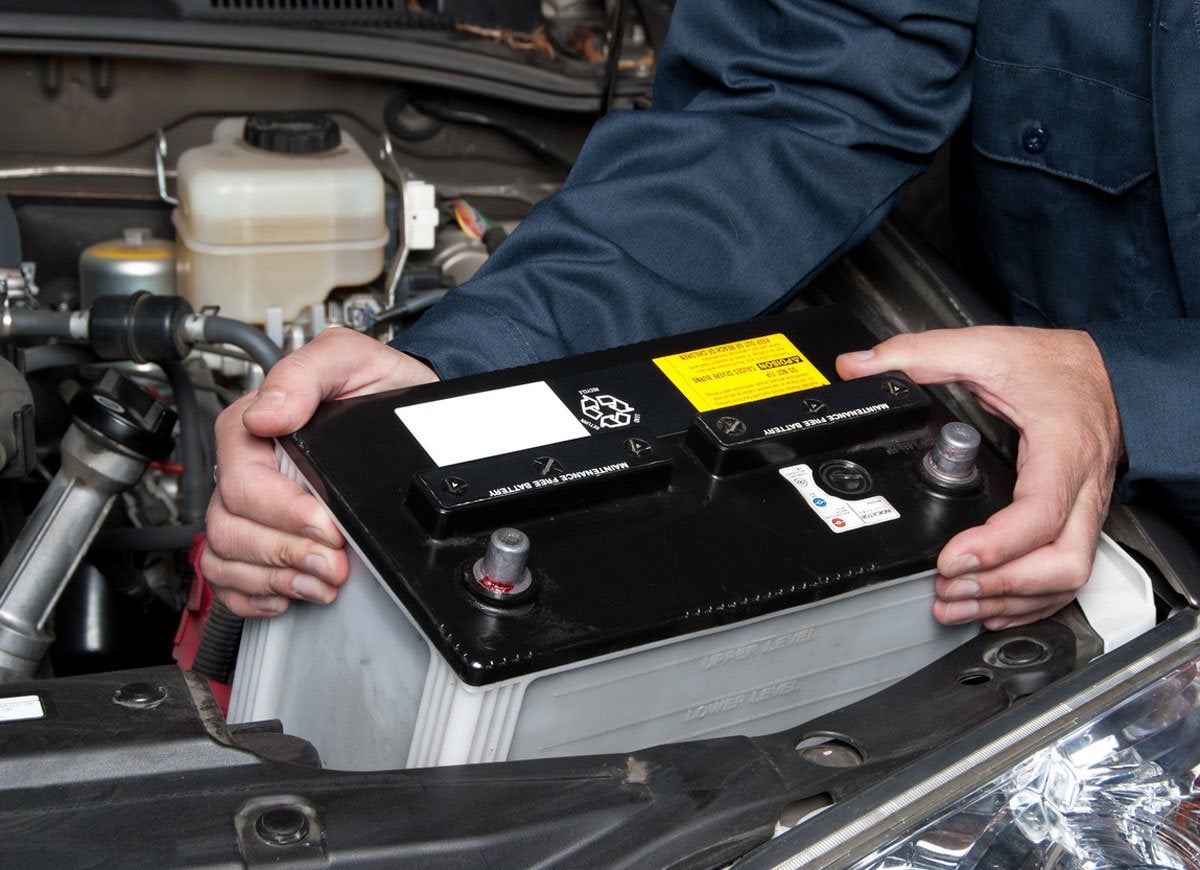
Not all car batteries are created equal. Take the time to research the battery best suited to the make and model of your car, and don’t make your decision based solely on price. You could end up paying more in the long run if your car’s electrical system gets disrupted as a result of a bad battery fit.
Waiting Too Long to Change Windshield Wipers
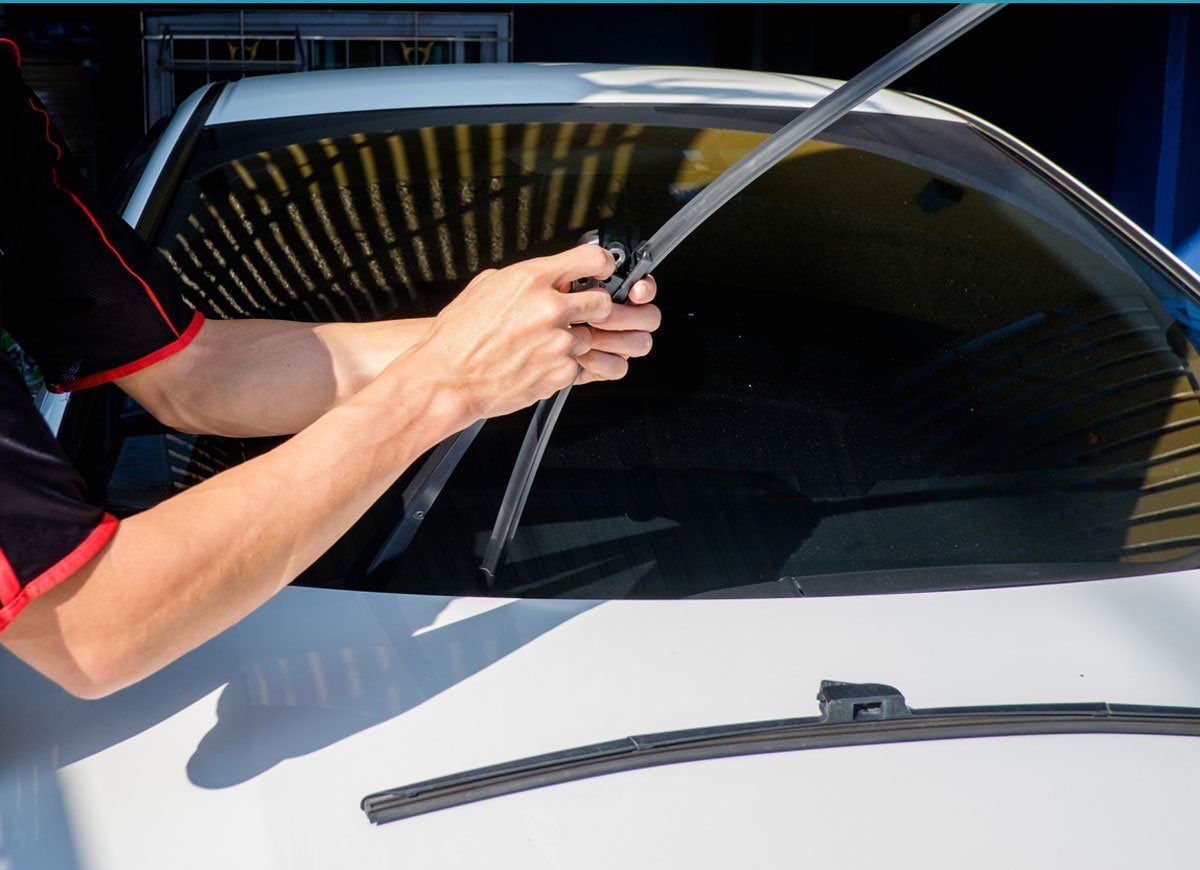
Change your windshield wipers as soon as they start leaving streaks or you risk impaired vision in dangerous conditions like rain and snow. A good rule of thumb is to change your wiper blades every six months or whenever you hear chattering or see streaking.
Related: Best Car Accessories: 19 Gadgets Your Ride Really Needs
Using Dish Detergent to Wash Your Car
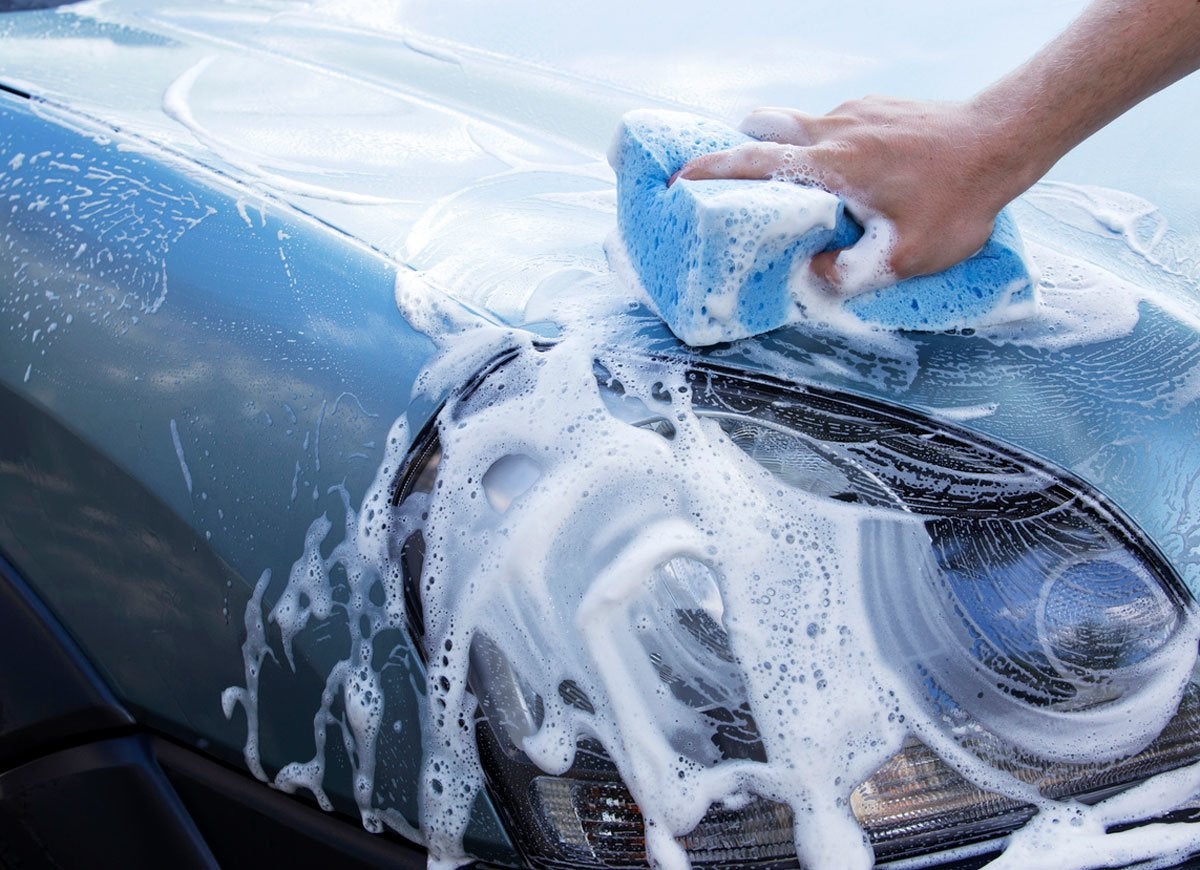
Although dish soap can effectively remove grease from a car exterior, it will also strip off the automotive wax and sealer, leaving your vehicle’s finish unprotected. Always stick with automotive detergent when your car needs washing.
Car Costs
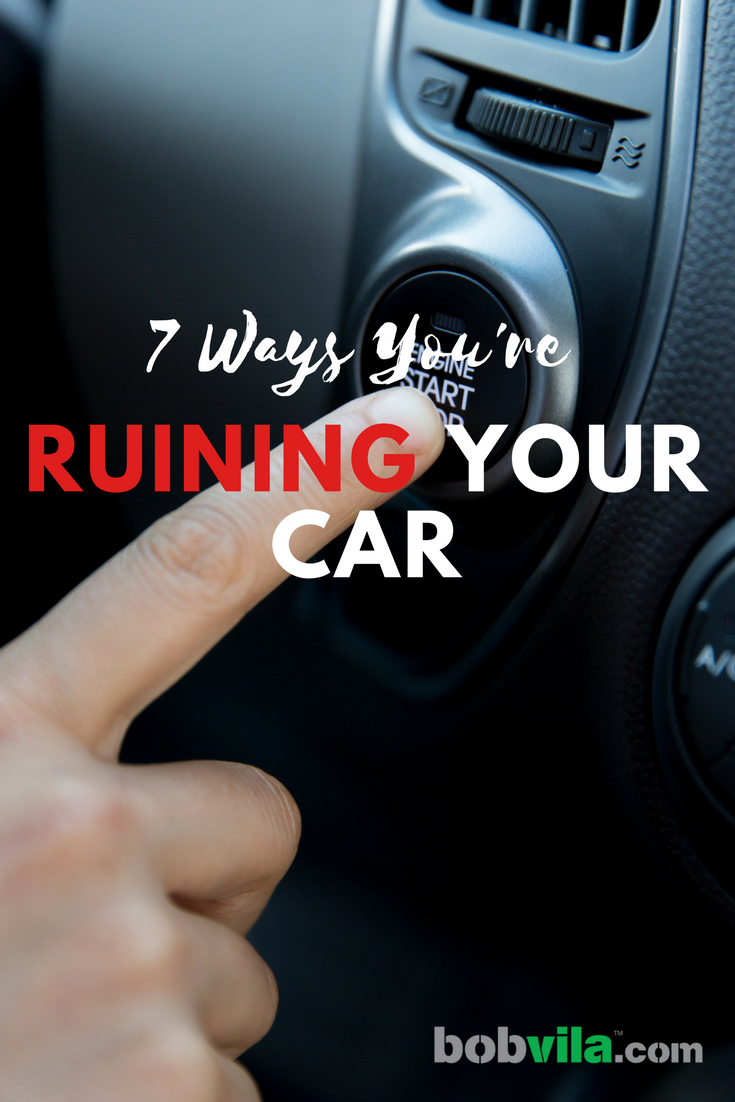
Owning a car is an expensive commodity. By knowing a few useful hacks, you can help keep it in good condition and save some money along the way.

This Is the Year for a Kitchen Renovation
Whether you’re selling or staying, everyone can get something out of a kitchen update. Learn why we consider this renovation the Most Valuable Project of 2025 and how to stay on budget.